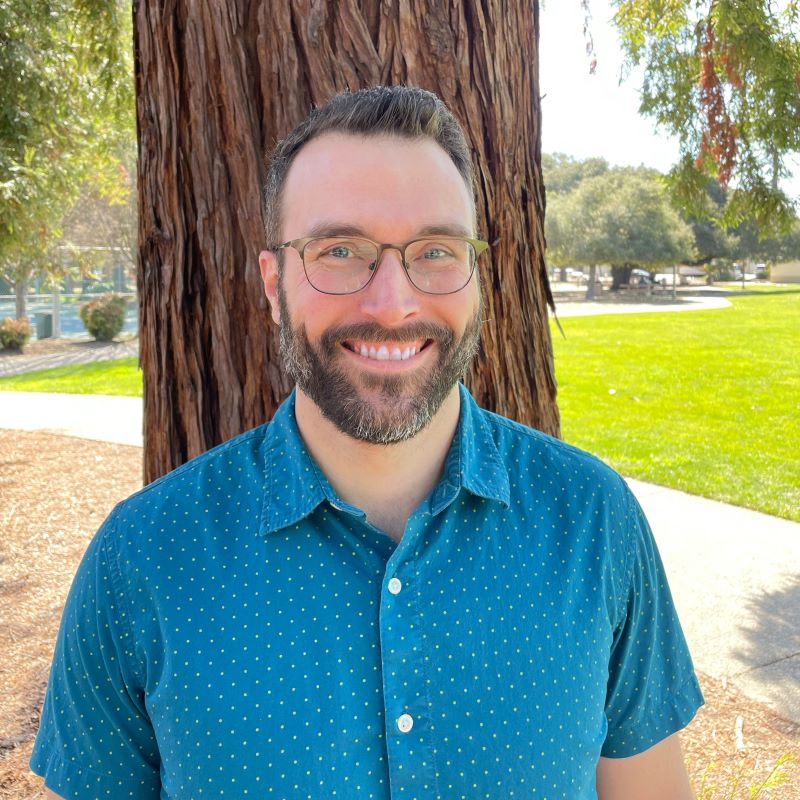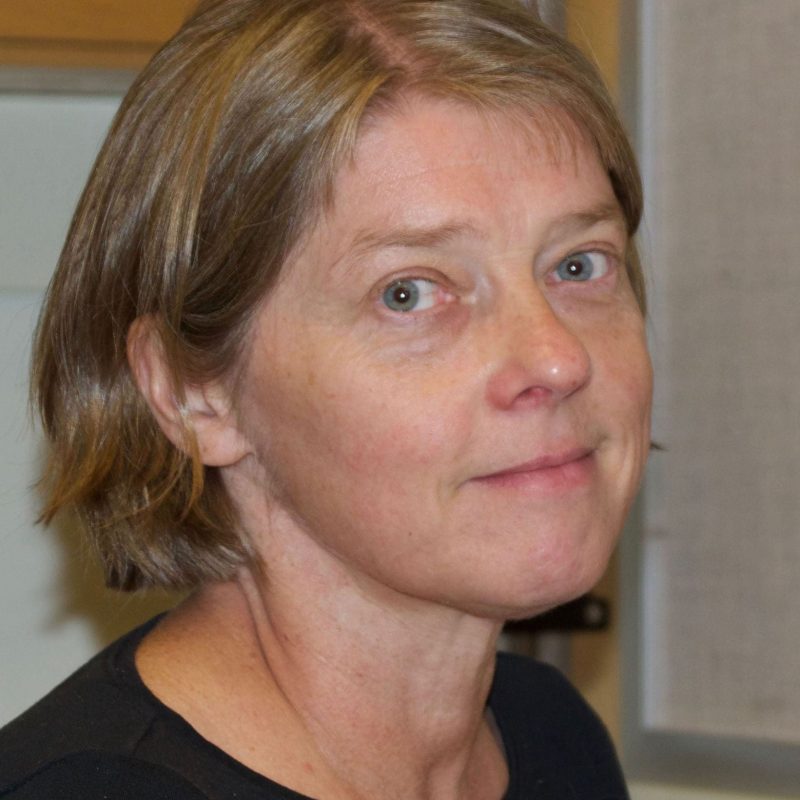Roles:
Faculty, Potential Undergraduate Mentor
Research Areas:
Bacteria, Genetics, Genomics and Cell Biology of Infection
The Nisbett lab is interested in determining the mechanisms of pathogenesis of clinically significant yet critically understudied bacterial pathogens such as nontuberculous mycobacteria (NTM). In the clinic, NTM infections have become increasingly problematic as they are the primary cause of pulmonary lung infections, and are difficult to clear due to biofilm formation. As a result, there is a critical need for elucidating the mechanisms of NTM pathogenesis to develop novel therapeutics for NTM associated diseases. Using the model organism Mycobacterium abscessus, and genetic, biochemical, and metabolite quantification-based approaches, our lab will broadly address this need by investigating what molecular mechanisms drive NTM biofilm formation. Our work will provide insight into whether these mechanisms could be utilized for future anti-bacterial applications against NTM infections.
Read more about Lisa-Marie Nisbett










